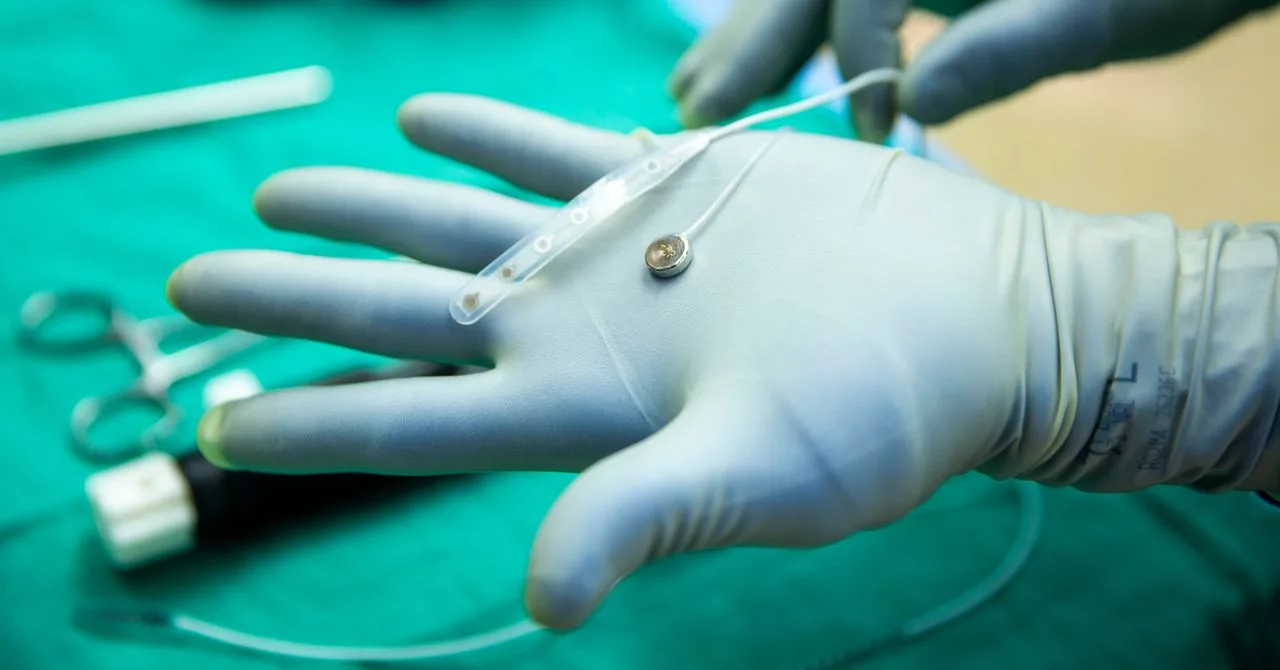Brain-Computer Interface Startup, Paradromics, Conducts Initial Human Trial
Paradromics, a pioneering startup in the field of brain-computer interfaces (BCIs), has announced the successful, albeit brief, implantation of its device in a human participant. This marks a significant step forward in the company’s efforts to develop technology that can bridge the gap between the human brain and computers.
What is Paradromics Aiming To Achieve?
Paradromics is focused on creating a high-bandwidth BCI that can transmit large amounts of data between the brain and external devices. The potential applications of such technology are vast, ranging from restoring motor function in paralyzed individuals to treating neurological disorders and enhancing cognitive abilities.
Details of the Initial Human Trial
While details remain limited, the company confirmed that the implant was placed in a participant’s brain for a short duration as part of an initial safety and feasibility study. This early test allowed Paradromics to gather valuable data on the device’s performance and biocompatibility within the human brain. The success of this trial paves the way for further research and development.
Potential Applications of Brain-Computer Interfaces
The successful test opens doors to numerous possibilities. Here are some potential applications:
- Restoring Motor Function: BCIs could enable paralyzed individuals to control prosthetic limbs or other assistive devices with their thoughts.
- Treating Neurological Disorders: BCIs may offer new therapies for conditions such as Parkinson’s disease, epilepsy, and Alzheimer’s disease.
- Enhancing Cognitive Abilities: In the future, BCIs could potentially be used to improve memory, attention, and other cognitive functions.
The Future of BCIs
Paradromics’ recent trial underscores the rapid advancements being made in the field of brain-computer interfaces. As technology continues to evolve, BCIs have the potential to revolutionize the way we interact with the world and treat neurological conditions. While challenges remain, the future of BCIs looks promising, with the potential to transform healthcare and enhance human capabilities. With this successful first step completed by Paradromics, we can hope for more advanced research soon.




+ There are no comments
Add yours